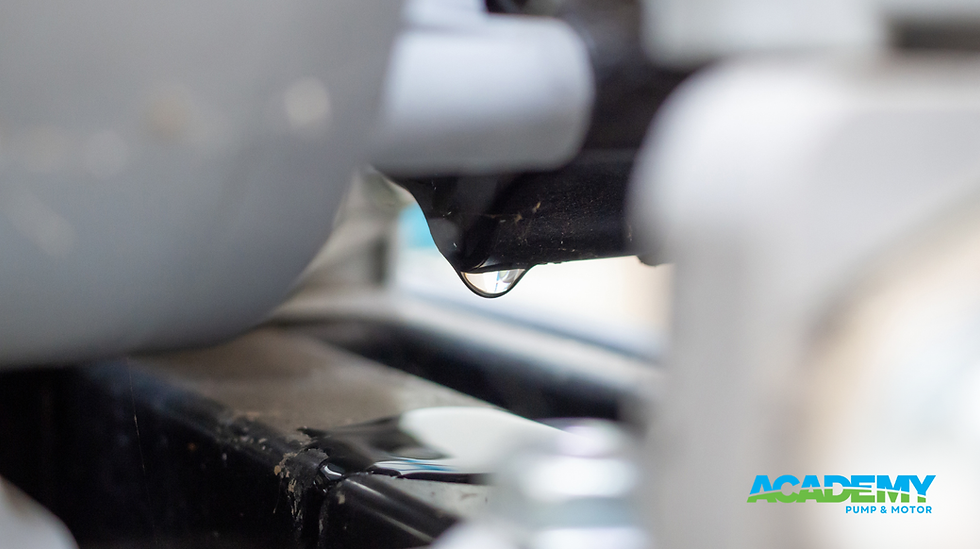How to Choose the Right Water Transfer Pump
- Lincoln Jones

- Aug 25, 2024
- 2 min read

Water pumps are essential tools for many jobs, from construction and agriculture to emergency services. Choosing the right pump can make your work easier and more efficient. This guide will help you understand the different types of water transfer pumps and what to consider when selecting one.
Types of Water Transfer Pumps
Here’s a quick look at the main types of pumps and what they’re best for:
Centrifugal Pumps: These are the most common and work by spinning an impeller to move water. They’re affordable and easy to maintain, but they’re not ideal for thick liquids or water with solids.
Positive Displacement Pumps: These pumps push water through by trapping it in a chamber. They’re more efficient for thick liquids and solids but are usually more expensive and require more upkeep.
Submersible Pumps: These are designed to work underwater, making them great for wells, ponds, and deep water sources. They’re quiet and efficient but can be pricier and might need professional installation.
High-Pressure Pumps: These pumps are built to handle high-pressure tasks, such as firefighting and irrigation. They cost more but are perfect for moving water over long distances or to higher elevations.
Key Considerations: Flow Rate and Head
Two key factors to consider when choosing a pump are flow rate and head:
Flow Rate: This is how much water the pump can move in a set time, usually measured in gallons or litres per minute. Pick a pump that can handle the volume of water you need to move.
Head: This measures how high the pump can lift water. Consider how far and how high you need to move the water when choosing a pump.
Power and Efficiency
When picking a pump, think about its power and efficiency:
Power: Measured in horsepower (HP) or kilowatts (kW), the power of a pump determines how much water it can move and how high. More power usually means higher energy use.
Efficiency: An efficient pump uses less energy to do its job, saving you money on operating costs.
Other Important Factors
Keep these things in mind when choosing a pump:
Noise Level: Electric pumps are generally quieter than petrol ones, which can be important in noise-sensitive areas.
Portability: If you need to move the pump around, look for a lightweight, portable option.
Durability: Pumps made from strong materials like stainless steel or cast iron last longer and need less maintenance.
Cost: Don’t just go for the cheapest option—consider long-term costs like maintenance and potential replacements.
Ease of Maintenance: Choose a pump that’s easy to service and keep in good working order.
Making Your Choice
Selecting the right water transfer pump is key to the success of your project. At Academy Water, we offer a range of reliable pumps to suit different needs. Find the right pump today to get your job done quickly and efficiently.



Comments